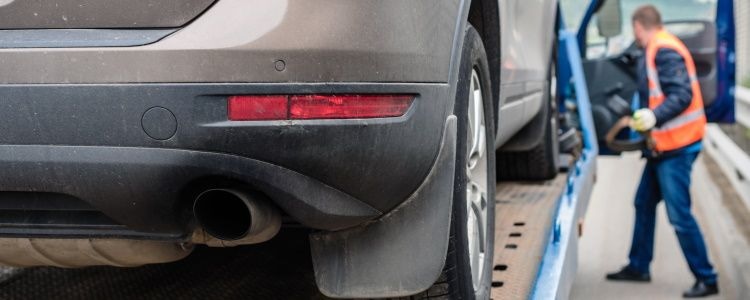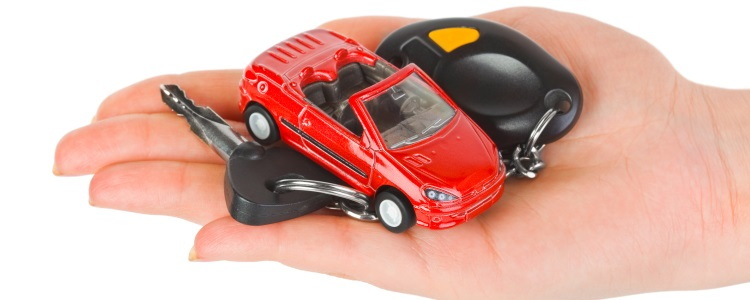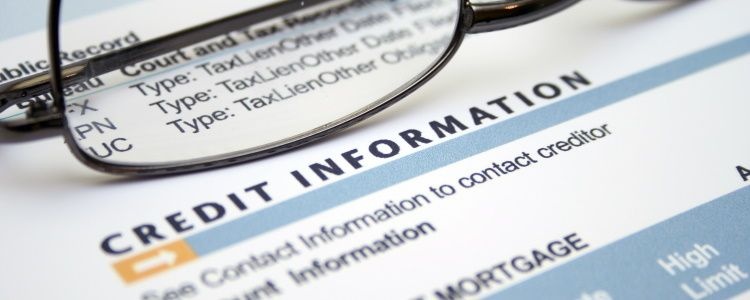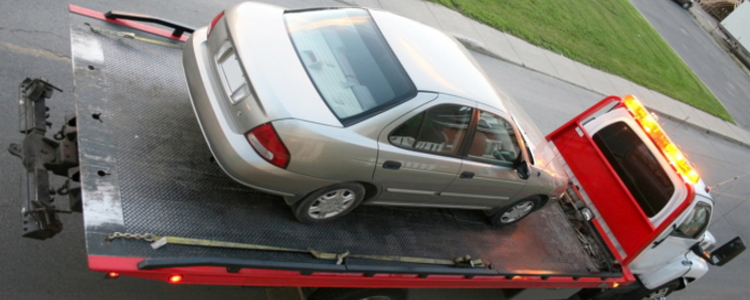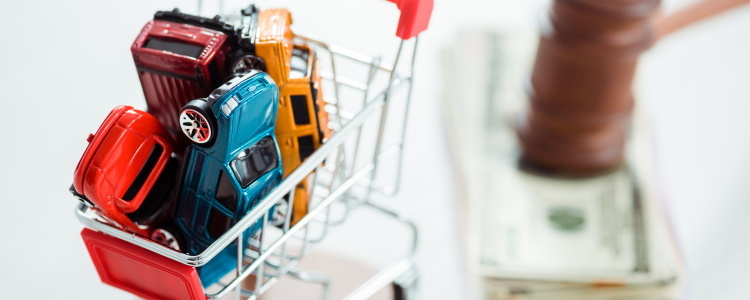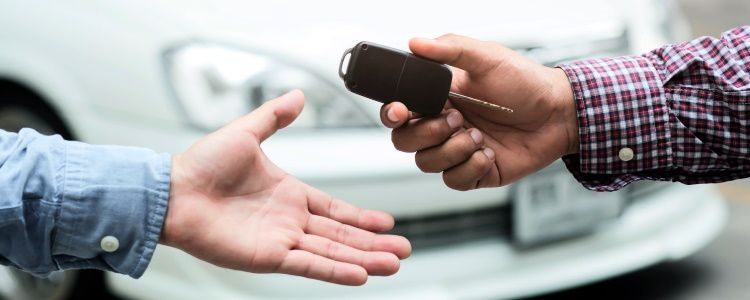If you aren’t able to make the payments on your auto loan, you may be considering a voluntary repossession, or a voluntary surrender. Let’s explore the benefits of a voluntary repossession compared to a standard repo, and the possible consequences of both.
Repossession vs. Voluntary Repossession
 If you stop making payments and default on your auto loan, the lender has the right to repossess your vehicle. However, if you know you’re facing a repossession, you can voluntarily surrender the car by notifying the lender that you can’t make the payments and returning it.
If you stop making payments and default on your auto loan, the lender has the right to repossess your vehicle. However, if you know you’re facing a repossession, you can voluntarily surrender the car by notifying the lender that you can’t make the payments and returning it.
In most cases, you’re notified of a repossession. However, some lenders can take your vehicle after one missed payment and give no notice – it all depends on what’s in your loan contract and your state’s laws.
The method a lender uses to repossess your car can vary, as well. Some lenders send a recovery company to hook the vehicle up to a tow truck, and some now have the ability to remotely disable your car from starting so they can locate it and pick it up later. Whatever method they use, it’s probably not going to revolve around your personal schedule.
With a voluntary surrender, you’re giving up the vehicle on your own terms, and you no longer run the risk of the lender unexpectedly towing it while you’re at work or from your house. You can also avoid a number of fees that are associated with a repossession, such as towing. A voluntary repossession gives you the opportunity to remove your personal possessions, and plan your future transportation needs.
Your Credit Score After Repossession
When you surrender your car, it shows up as a surrender on your credit reports. According to Experian, the impact of a repossession on your credit score may be slightly less if you voluntarily surrender the vehicle.
A repossession can have more impact on your credit score in a few ways. When a lender repossesses a car, they usually hire a recovery company to take it, and pay storage fees while it waits to be sold. The lender then charges the borrower for these items. If you don’t pay them, you run the risk of the account being sent to collection, which harms your credit score even more.
Once the vehicle is repossessed, the lender sells it (usually at auction) and that money goes toward paying off the balance of your loan. If there’s still a balance after the vehicle is sold – called a deficiency balance – you must pay that amount to the lender. If you don’t, the lender can send the account to collections and even garnish your wages, and this is also reflected on your credit reports.
By surrendering your car yourself, you can avoid having to pay additional fees associated with repossession, which can be expensive. Typically, a repo company charges between $150 and $400.
Getting a Car Loan After a Repossession
Try to avoid repossession altogether by keeping up with your auto loan payments or working with your lender prior to missing one. In some cases, you may be able to make your payments manageable by refinancing your loan, but this isn’t always an option. You could also attempt to trade in the vehicle for something more affordable, so you can keep up with payments and avoid defaulting.
A repossession and a voluntary surrender both negatively impact your credit score for seven years. This, in turn, can affect your ability to get a future loan. With either on your credit reports, this means that you’re likely to be seen as a high risk to lenders and charged higher interest rates on loans.
If you have bad credit due to a repossession or voluntary surrender and are having issues getting approved for a car loan, we want to help. At Auto Credit Express, we’ve contacted dealerships across the country with subprime financing options.
These subprime lenders work with borrowers with unique credit situations, and consider more than just your credit score for approval. We want to match you with a dealer in your local area, so fill out this free auto loan request form to get started!
